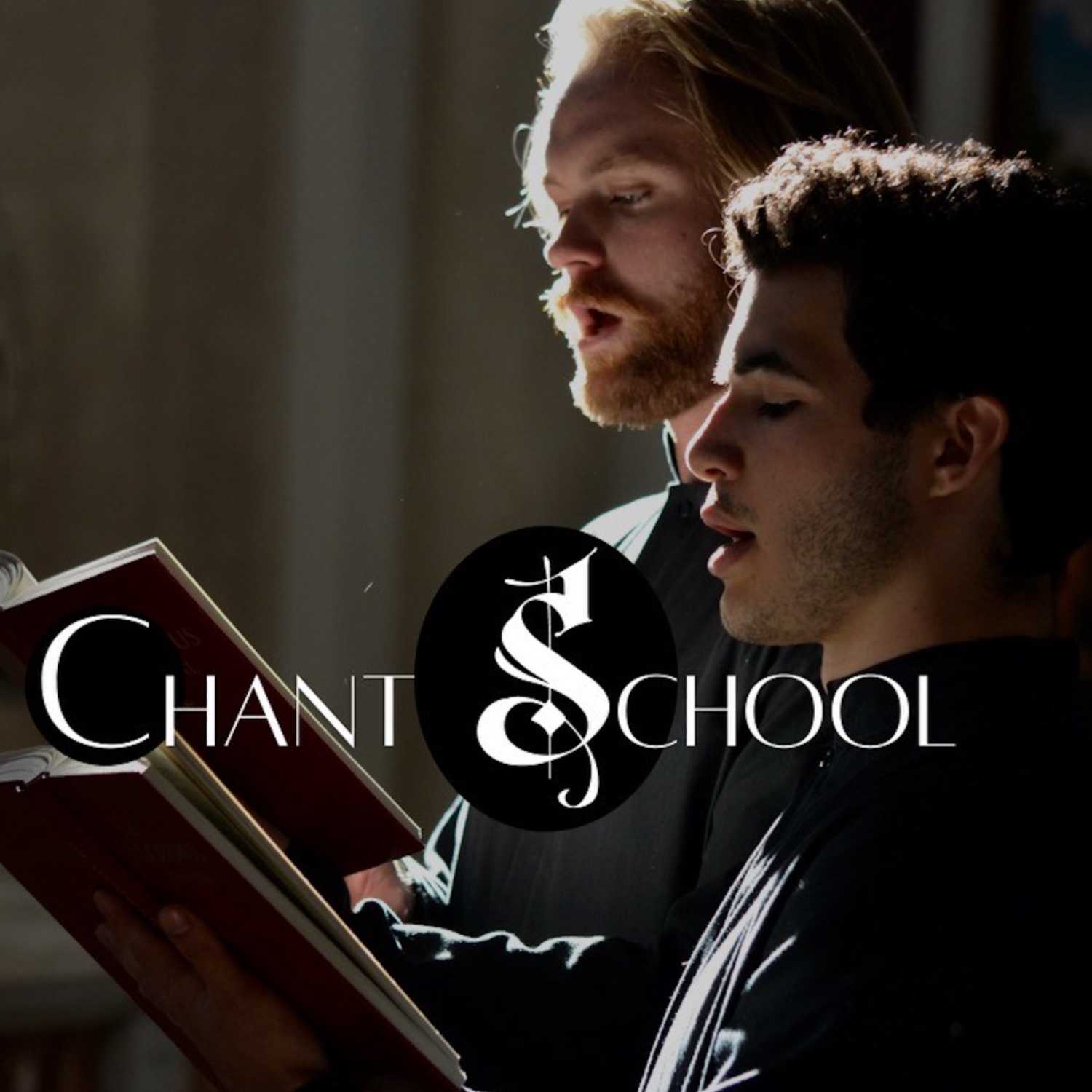
Lauda Sion Salvatorem | The Greatest Sermon You've Ever Heard
 2022-08-25
2022-08-25
Link to music (courtesy of CCWatershed)
St. Thomas Aquinas was a theologian, a philosopher, and one of the greatest intellects of all time. He is known as the Angelic Doctor of the Church. But did you know he is also regarded as one of the greatest Catholic poets of all time? And he only wrote 5 poems – 38 stanzas of poetry.
In 1264, Pope Urban IV established the Solemnity of The Body of Christ, and asked St. Thomas Aquinas to write the texts for the Mass and the Divine Office for this new feast. Although St. Thomas was known for his scholarly – not poetical – work, he produced five of the best, known, best loved hymns in history:
Adoro Te Devote
Sacris Solemniis (Known for the final two verses: “Panis angelicus…”)
Verbum Supernum Prodiens (Known for the final two verses: “O salutaris hostia…”)
Pange Lingua (Known for the final two verses: “Tantum ergo…”)
Lauda Sion (Known for its final verses: “Ecce panis angelorum…”)
We're finally to the end of our series on St. Thomas' great hymns! In this episode we learn the great sequence for the Feast of Corpus Christi.
ZION, PRAISE YOUR SAVIOR. Praise your Savior. Praise your leader and shepherd in hymns and canticles. Praise him as much as you can, for he is beyond all praising and you will never be able to praise him as he merits. But today a theme worthy of particular praise is put before us—the living and life-giving bread that, without any doubt, was given to the Twelve at table during the holy supper. Therefore let our praise be full and resounding and our soul's rejoicing full of delight and beauty, for this is the festival day to commemorate the first institution of this table.
At this table of the new King, the new law's new Pasch puts an end to the old Pasch. The new displaces the old, the reality the shadow and light the darkness. Christ wanted what he did at the supper to be repeated in his memory. And so we, in accordance with his holy directions, consecrate bread and wine to be salvation's Victim.
Christ's followers know by faith that bread is changed into his flesh and wine into his blood. Man cannot understand this, cannot perceive it; but a lively faith affirms that the change, which is outside the natural course of things, takes place. Under the different species, which are now signs only and not their own reality, there lie hid wonderful realities. His body is our food, his blood our drink. And yet Christ remains entire under each species. The communicant receives the complete Christ—uncut, unbroken and undivided. Whether one receive or a thousand, the one receives as much as the thousand. Nor is Christ diminished by being received. The good and the wicked alike receive him, but with the unlike destiny of life or death. To the wicked it is death, but life to the good. See how different is the result, though each receives the same. Last of all, if the sacrament is broken, have no doubt. Remember there is as much in a fragment as in an unbroken host. There is no division of the reality, but only a breaking of the sign; nor does the breaking diminish the condition or size of the One hidden under the sign.
Behold, the bread of angels is become the pilgrim's food; truly it is bread for the sons, and is not to be cast to dogs. It was prefigured in type when Isaac was brought as an offering, when a lamb was appointed for the Pasch and when manna was given to the Jews of old.
Jesus, good shepherd and true bread, have mercy on us; feed us and guard us. Grant that we find happiness in the land of the living. You know all things, can do all things, and feed us here on earth. Make us your guests in heaven, co-heirs with you and companions of heaven's citizens. Amen. Alleluia.
More Episodes
 2024-08-21
2024-08-21
 2024-08-07
2024-08-07
 2024-07-31
2024-07-31
 2024-07-24
2024-07-24
 2024-07-17
2024-07-17
 2024-05-29
2024-05-29
 2024-05-22
2024-05-22
Create your
podcast in
minutes
- Full-featured podcast site
- Unlimited storage and bandwidth
- Comprehensive podcast stats
- Distribute to Apple Podcasts, Spotify, and more
- Make money with your podcast
It is Free
- Privacy Policy
- Cookie Policy
- Terms of Use
- Consent Preferences
- Copyright © 2015-2024 Podbean.com





